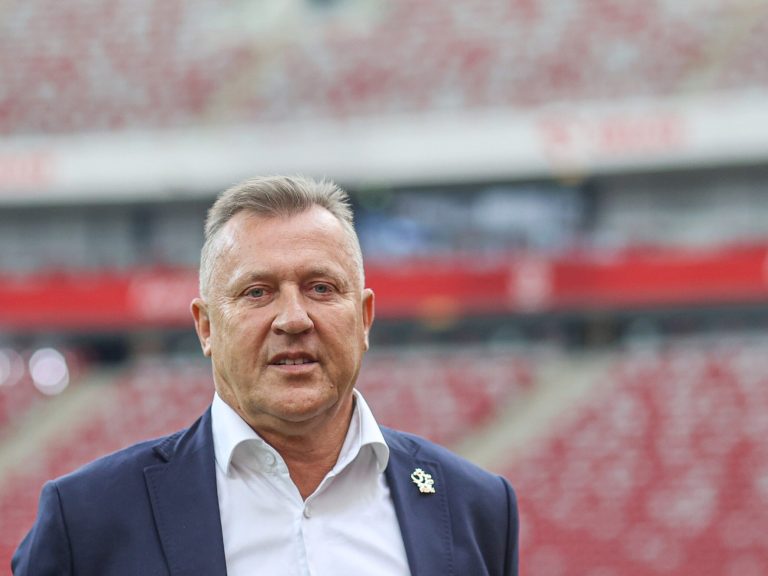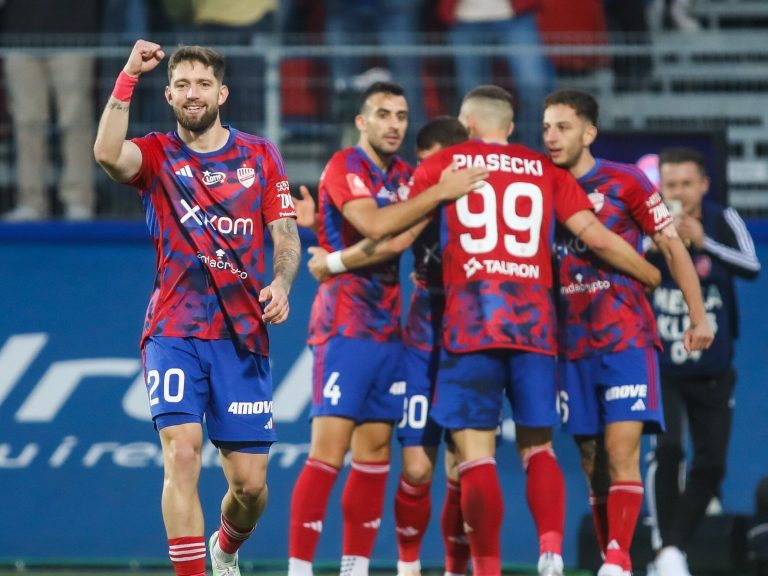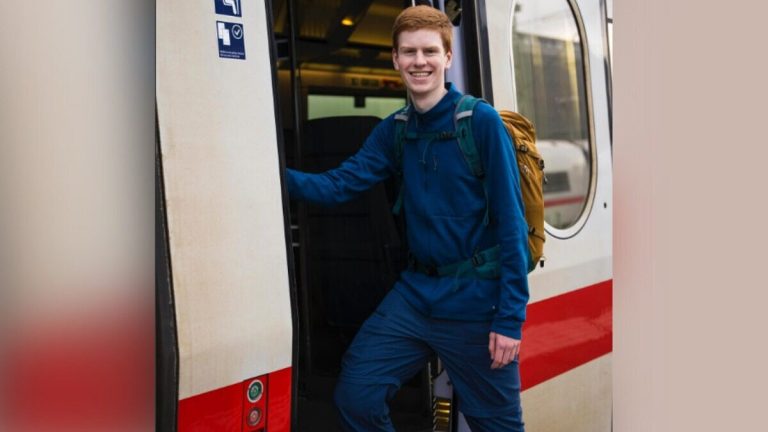MP Alicja Chybicka: You cannot compare money to the life of any child

The cure rate for childhood cancer is 85%, and it may be even higher if treatment can be started very quickly. We can also treat rare diseases at world level, and I believe that this will happen: says Prof. Alicja Chybicka, MP, chairwoman of the Parliamentary Group for Rare Diseases.
For many years you have been dealing with pediatric oncology and hematology, diseases that are very difficult to treat, and in which great progress has been made in recent years. Many oncological diseases in children are rare diseases – is that why you are also interested in rare diseases and take over the chairmanship of the Parliamentary Team for Rare Diseases this year?
I was asked by non-governmental organizations and people who deal with people with rare diseases to lead the Parliamentary Team for Rare Diseases. Oncological diseases in children are also rare diseases, although in the Parliamentary Team we mainly deal with rare genetic diseases. In every field of pediatrics, however, there will be types of diseases that are rare. Rare diseases are diseases that occur with a frequency of less than 5 in 10,000. people, while one in 7,000 will suffer from cancer. kids. Thus, childhood cancer is also a rare disease.
The Rare Diseases Plan was in force until the end of last year. Now we wait for the next one?
The Rare Disease Plan needs to be implemented in a revised form as soon as possible. I know that the Ministry of Health is working on it, I hope it will be implemented quickly.
What are the main demands for changes raised during the work of the Parliamentary Team that you lead?
There are many such demands. This is primarily an improvement in genetic diagnostics, because the vast majority of rare diseases are genetically determined. They occur in only a few children in the world.
Many people ask me for help, I always try to intervene. There is now a child with Duchenne muscular dystrophy, with a very rare mutation – his parents are raising funds for his gene therapy, the cost of which is PLN 15 million. It is not yet registered in Europe, so you cannot pay for it from the budget, you can only collect money. I hope it will be successful, because gene therapy in rare diseases is the future.
The cause of these diseases is a genetic mutation, but the problem is that creating a treatment is difficult, and there are few people suffering from a rare disease, which is why the therapies are so expensive.
The second demand is comprehensive assistance in the centers. There are many wonderful people who deal with rare diseases in Poland. However, there is no center that would deal with every rare disease – from diagnosis to treatment and comprehensive care. Just like in pediatric oncology and hematology, where we have 20 centers dealing with diagnosis, treatment and post-treatment care, treatment of rare diseases must be organized. I believe that it would be worth creating a center that would deal comprehensively with diagnostics, be able to recognize any disease, and then, for example, refer a child to a neurological center if a child has a rare neurological disease; to an endocrinology center when a child has a rare endocrine disease. It would be a good idea to create one such center with a very good laboratory to which a child could be referred for diagnostics, for the disease to be diagnosed, and then to an appropriate place for treatment. Currently, such centers include: in Wrocław, Gdańsk, Warsaw, but this is definitely not enough considering the scale of rare diseases, of which there are several thousand.
So, would it be important to create a network of centers?
In pediatric oncology and hematology, we have solved it by having coordinators dealing with a given disease. So if in one of the centers – which treat the same way, according to the same protocols – a problem arises, e.g. a difficult case of a child with a brain tumor, you can contact the coordinator at the Children's Health Center, consult or send the child for treatment. In the clinic in Wrocław, we have seven coordinations, and centers contact us when they have a specific problem covered by our coordination. Everything can be organized similarly in rare diseases.
When I was in charge of the Pediatric Oncology and Hematology Clinic in Wrocław, we also received children with rare diseases. We made a preliminary diagnosis, but then there was a problem of where to send the child.
Ideally, the genetic mutation should be detected shortly after birth, when the child does not yet have symptoms. We perform stem cell transplants in Wrocław, which cure some rare diseases. However, the condition is that the child is diagnosed early, because once damage to the liver, spleen or heart has occurred, such changes cannot be reversed. A child who comes to treatment with serious complications has difficulty undergoing the procedure and sometimes even dies. Great effects are seen in the youngest children. I gave the example of hematopoietic cell transplantation, but in the case of each disease it is very important to start treatment as soon as possible. Therefore, it would be best to detect such a disease through tests performed immediately after birth. If it is a disease that manifests itself later, e.g. in the third year of life, the doctor treating the child will know how to proceed and what to pay attention to.
Doctors' education is also important, and the most important thing is that the doctor knows what to do next and where to send a child with a given suspicion.
Treatment is also a big challenge. In many cases it is not available, and if it is, it is often very expensive.
It's true, treatment is expensive. Even if it is registered in the USA and Europe, years pass before it is made available in Poland. The disease most often progresses, and the therapeutic effect often depends on how quickly the therapy is implemented. A fast track for effective preparations in rare diseases is needed. It is hard; I remember that we also had a child with a rare cancer, of which there were several cases in the world. Treatment was successfully administered. This person is already an adult, he has children. And her chances were practically zero. Therefore, under no circumstances should you give up, because it is unknown how it will all end. One thing is certain: we must follow global standards.
What are the Parliamentary Group's plans for the near future?
I would certainly like the Rare Diseases Plan to come into force and be implemented quickly. However, I know that it is difficult, because every element is expensive – diagnostics, centers, treatment. However, I believe that a child's life is priceless. And there is no money that is not worth spending to keep a child in this world.
I have always believed that if there are no budget funds or a drug is not yet registered in Europe, but shows great promise, you need to obtain extra-budgetary funds. I also had situations where children were given drugs that were not yet registered, but scientists believed that they had very good prospects. If without treatment a child had a death sentence, what are the risks? Many of these children are alive. It's money, just money. And you can't compare money to any child's life.
In pediatric oncology and hematology, we have managed to create a very good treatment system, the results of treatment in Poland are comparable to those in other countries. Can we also treat rare diseases at a global level?
Last year, we became leaders in the curability of acute lymphoblastic leukemia – we have the best results in Europe. We succeeded because we very quickly introduced the possibility of using CAR-T. It all started in Cape Hope, now it is possible to use CAR-T in other centers. In many cases, CAR-T saved lives when the child no longer had a chance because all treatment options had been exhausted. These children are alive and we provide the best treatment in Europe. We are also no worse than other countries in the treatment of other childhood cancers. The cure rate for childhood cancer is 85%, and it may be even higher if treatment can be started very quickly. We can also treat rare diseases at a world-class level, and I believe that this will happen.






